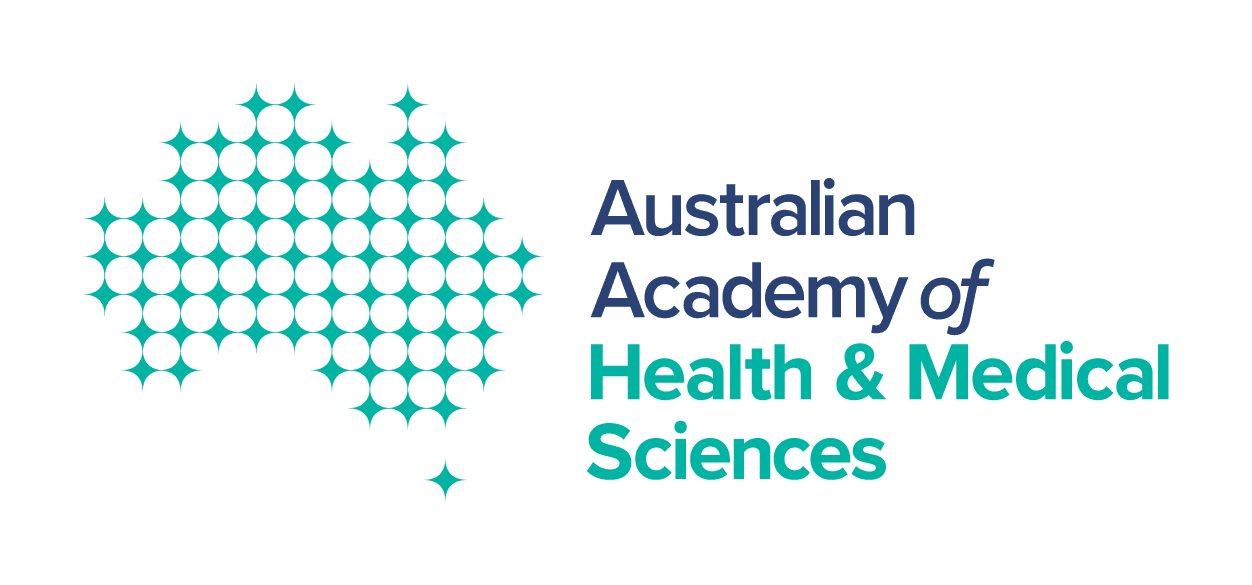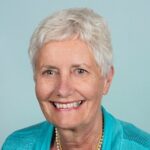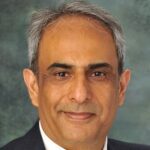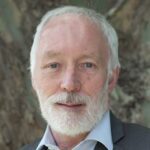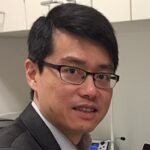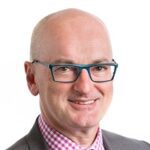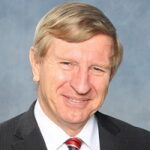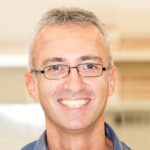Our Fellows sit at the heart of everything we do. They represent Australia’s leading minds in health and medical sciences, having been recognised for their clinical, non-clinical, leadership, industry and research contributions.
To be considered for election to the Academy’s Fellowship, a candidate must show exceptional professional achievement in a field related to health and/or medicine.
Fellows contribute to the projects and activities of the Academy and must be willing to be active participants.
Successful Fellowship candidates will have shown:
- Outstanding leadership in their field.
- Significant and ongoing involvement with issues of health care, prevention of disease, education, research, and health services policy and delivery.
Candidates for Fellowship should meet the following criteria:
- National and International recognition for excellence in health and medical science
- Significant, sustained and ongoing contributions to advance health and medical science in Australia (relative to opportunity)
- Contribution to the profession through leadership and mentorship
- Raised public understanding and promoting health and medical science in the broader community
Download criteria for Fellowship
Each year, current Fellows of the Academy are invited to nominate up to four new candidates who meet the criteria and fulfil the required expectations.
To ensure the Academy has a representative and diverse membership, Fellows nominating two new candidates are asked to include only a maximum of one man, and Fellows nominating four new candidates are asked to include only a maximum of two men.
How to make a nomination
Fellows wishing to nominate a candidate for Fellowship should contact the secretariat by 24 November each year to confirm candidate eligibility and receive and instructions on how to submit the completed nomination documentation online. Nomination requests received past this deadline will not be considered in the current election round.
Fellows wishing to nominate a candidate for a Corresponding Fellowship should contact the secretariat for more information.
Secretariat contact details
Email: [email protected]
Phone: 07 3102 7220
Nomination guidelines for ordinary Fellowship
October 2023
Newly elected Fellows of 2023 are inducted at the Annual Meeting.
18 September 2023- 30 November 2023
Nominations are invited from existing Fellows until the closing date of 30 November.
December 2023
Nominations allocated to Selection Committees.
January – April 2024
Referees’ reports sought.
Early May 2024
Selection Committees meet to consider nominations and provide final recommendations to the Council.
Early-to-mid-July 2024
Council meets to finalise recommendations.
Late July 2024
Full Fellowship invited to comment on recommended new fellows.
August 2024
Election results are shared with proposers and candidates (under embargo).
October 2024
Newly elected Fellows of 2024 inducted at the Annual Meeting.
